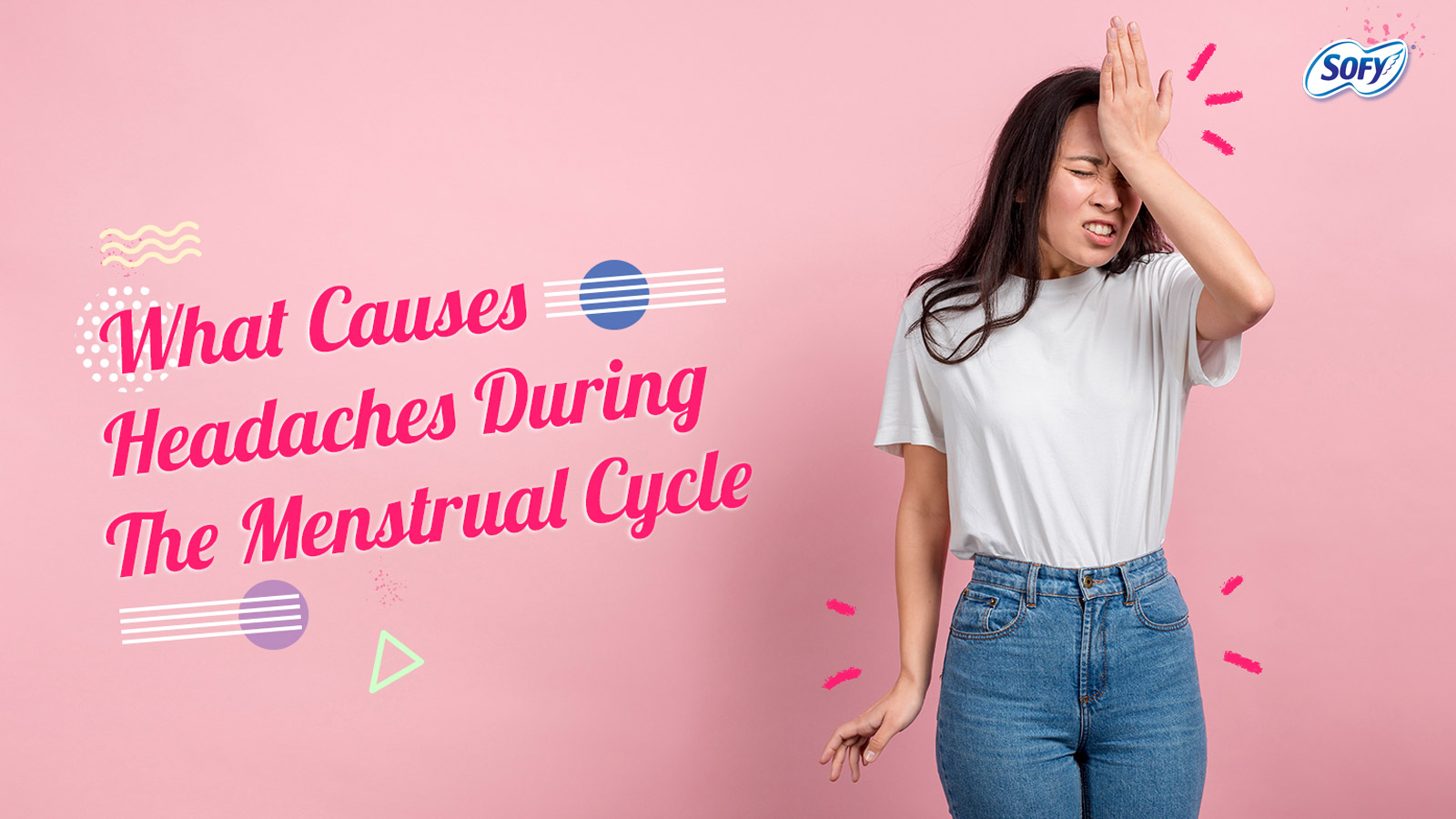While we face a lot of things that fall under PMS “symptoms”, period headaches are probably the worst. These headaches that Aunt Flo bring during her visits as a tag-along guest are also known as hormonal headaches. We all know how our hormones fluctuate like a crazy ball all month long during our cycles. This fluctuation is the main reason behind menstrual headaches and menstrual migraine.
Yes, everyone faces different kinds of headaches during their periods, and not all of them are at migraine level, but they all are an annoying reminder of how much we suffer due to these fluctuations. You’ve got the Tension Headache, generally caused due to stress and feels like a tight band around your forehead. The Headache you develop after your period due to blood loss and a drop in your iron levels.
And then there’s the Hormonal Headache, the stronger version of which is known as the Menstrual migraine. This happens due to the change in your estrogen and progesterone hormone levels. We all know that estrogen is a female sex hormone and that its levels rise midway through the menstrual cycle. Which prompts the release of an egg. And the rising levels of Progesterone help the egg implant itself in the uterus.
After ovulation, when the egg is released from the ovary, our hormone levels decline. Estrogen and progesterone levels are at their lowest right before our period. And it is this decrease that makes us experience the menstrual/hormonal headaches.
Women who get headaches during their period can develop one before their cycle, during their cycle, or even after their cycle.
So what is the difference between a Hormonal Headache and Menstrual Migraine?
While they are both caused by fluctuating hormones, the difference between the two is due to the severity of pain.
A Hormonal Headache may be mild to moderate and cause a nagging ache or throb. It’s irritating and uncomfortable, but it doesn’t necessarily interfere with your everyday life.
The Menstrual Migraine, on the other hand, can be debilitating like any other migraine. If you are prone to migraine attacks, you may be susceptible to menstrual migraines as well.
A Menstrual Migraine is generally characterized by the severe throbbing that can start on one side of the forehead and travel to the other. The severity of the migraine can make it difficult to keep your eyes open, work, think or perform regular daily tasks. One may also experience sensitivity to light and nausea or vomiting.
Period headaches and their symptoms usually fade away with a proper rest or sleep. The migraines are slightly more tough, but adequate rest is the magic trick there too. You can always try certain treatments to help decrease the pain including cold compresses, over-the-counter drugs, keeping yourself hydrated and taking vitamin supplements. If you feel at any point that what you’re facing is more than normal and needs professional attention, go to a doctor and discuss your symptoms at the earliest.












